The Netflix Violent Zombie Thriller Is A Modern Classic
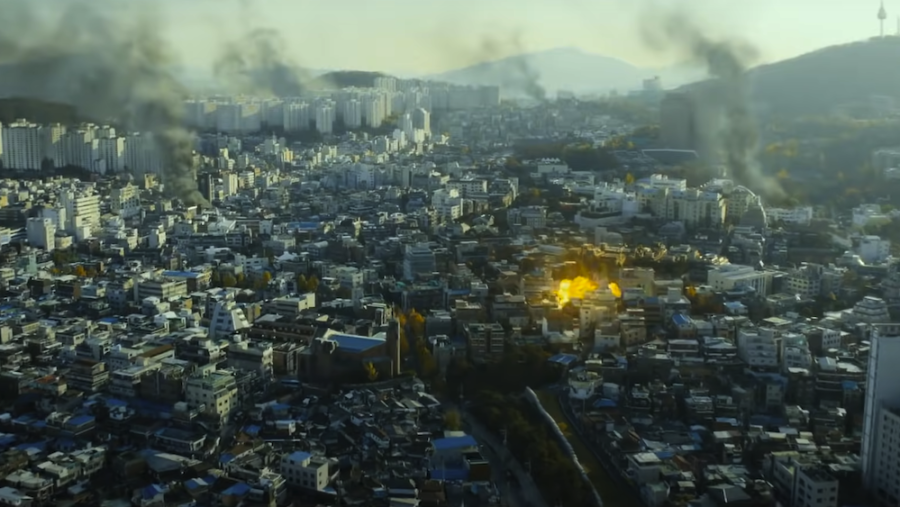
If you’re in the mood for a harrowing, shockingly scary commute, climb aboard the Train to Busan, now streaming on Netflix. Of course, like the passengers in the film, you’ll be technically aboard a high-speed KTX 101 train that nobody, at least at the onset of the journey, suspects carries the seeds of a zombie apocalypse.
Train To Busan On Netflix
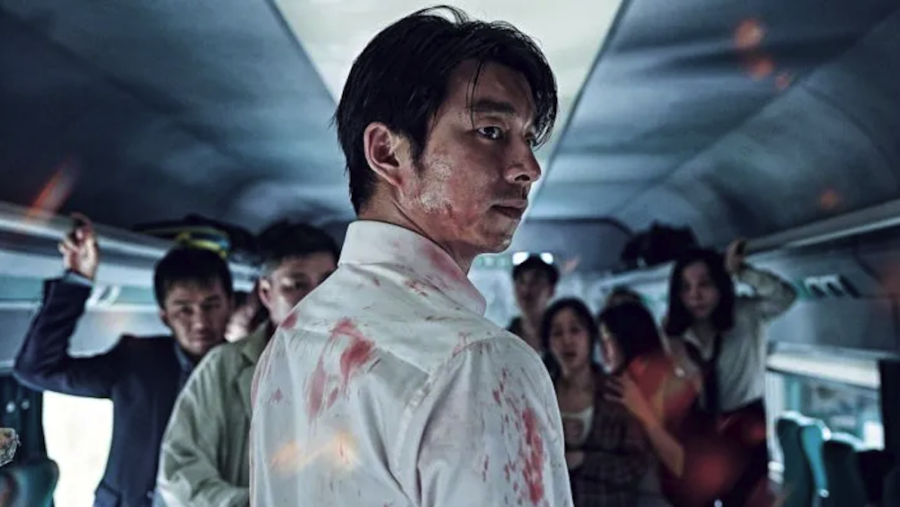
Directed by Yeon Sang-ho, this South Korean horror masterpiece redefined zombie cinema. Moreover, like all great art, it delved deeply into the human psyche, exploring themes of sacrifice, family, and societal breakdown.
The narrative follows Seok-woo, a detached and career-focused fund manager, as well as Su-an, his young daughter. Together, their otherwise banal, short-term journey via train to Busan transforms into a desperate fight for survival—all amidst a sudden and terrifying zombie outbreak.
The film commences with Seok-woo deciding to join Su-an on her way to Busan; the girl, at this point unpursued by the living dead, is simply heading to the nearby city to visit her mother for her birthday. Things, however, soon go from mundane to nightmarish.
Chaos On The Train
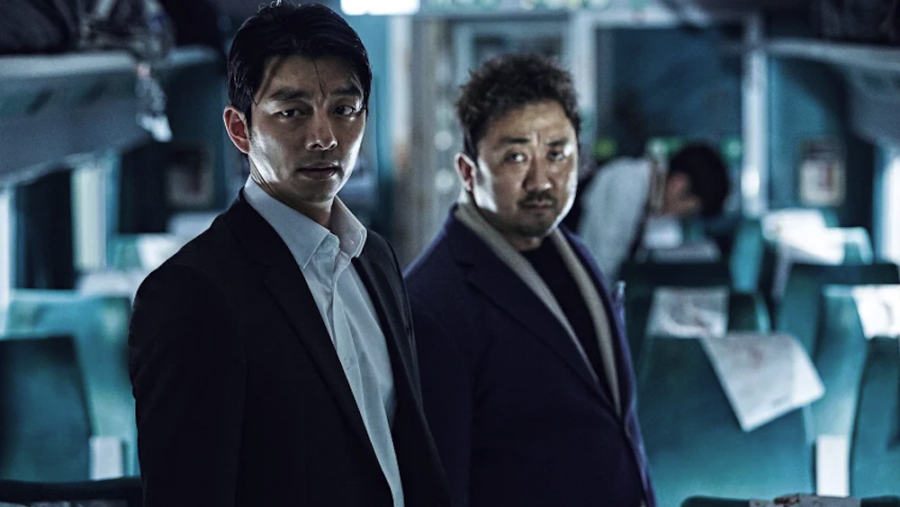
Before the high-speed train can depart Seoul Station, it’s boarded by an infected passenger. Their arrival sparks a chain reaction of horror, chaos, and gore as the virus rapidly turns passengers into hyper-aggressive zombies, all of which forces the survivors to barricade themselves into (temporarily) safe compartments.
Following the first wave of undead on the train to Busan, the uninfected include a diverse array of characters: a youngish man, Sang-Hwa and his pregnant wife, Seong-kyeong, a corporate executive, and an entire high school basketball team, among others—all contributing their unique stories, strengths, and weaknesses to the incredibly intense film.
Dire Actions From Passengers
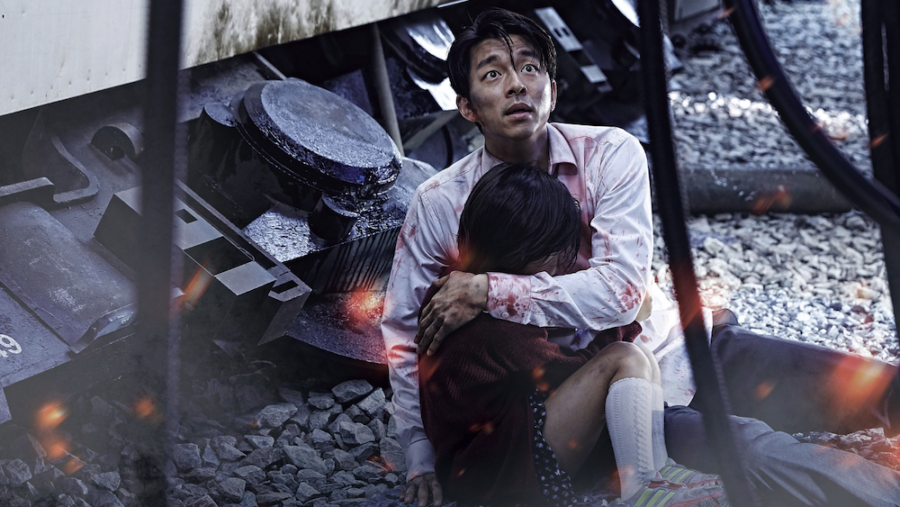
As the train speeds southward, it becomes increasingly clear that the epidemic is engulfing South Korea, plunging the nation into understandable panic. Given the broader circumstances, survivors face two threats: the immediate peril of the infected, on the one hand, and the greater societal breakdown, on the other.
Fear and selfishness prompt dire actions among the unlucky passengers. Additionally, Seok-woo’s discovery of his own company’s indirect involvement in the outbreak raises the ethical stakes and enriches Train to Busan’s philosophical side, one of its strengths.
Like many great horror films, the movie credibly blends terrifying sequences of with authentic emotional moments. The longer the journey to Busan, the more the action, horror, and pathos intensify.
An Immersive Experience
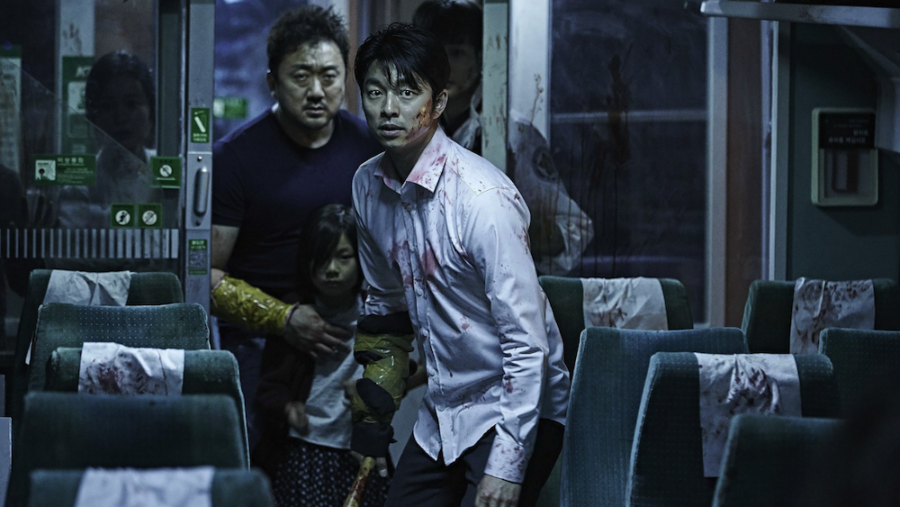
The film’s production, guided by Park Joo-suk’s brilliant creative vision, features compelling, unforgettable zombies inspired, fellow horror movie nerds should know, by video games and the genre’s best practical effects. The result is an immersive and immersive viewing experience.
The principal photography took place across several locations in South Korea, employing novel LED plate rear screen techniques alongside detailed make-up artistry to bring Train to Busan’s undead horde “to life.”
Critical And Box Office Hit
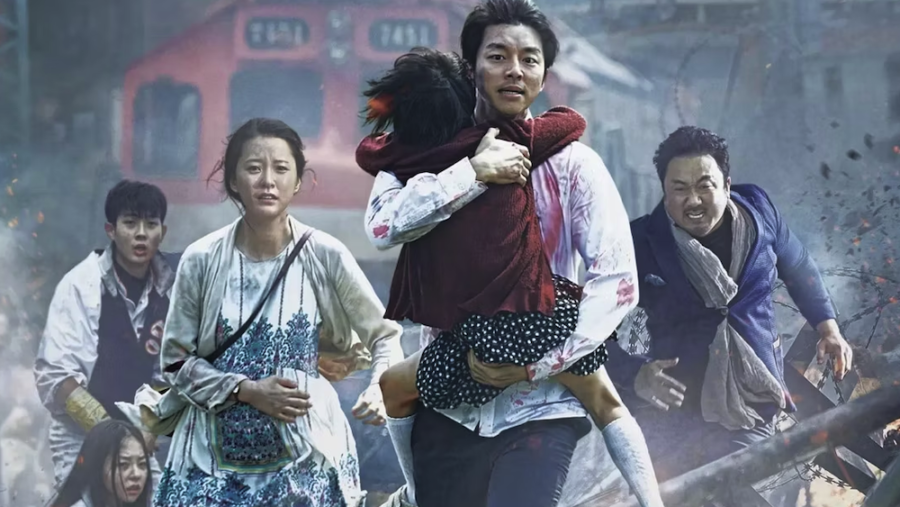
Certainly, hordes of moviegoers flocked to the theaters to see the movie, which shattered records and grossed over $98 million worldwide, becoming the highest-grossing film in several countries.
The film enjoyed a similarly stellar critical reception: 94 percent on Rotten Tomatoes, for example, explained by the widespread acclaim the work earned for its unique take on the otherwise tired zombie genre.
Not only did experts praise the movie for transcending the typical confines of zombie horror, they also lauded it for delivering a story as much about the human condition as it is about surviving an undead apocalypse.
For example, Clark Collis of Entertainment Weekly emphasized Train to Busan’s knack for borrowing elements from Western zombie narratives, like World War Z, and infusing them with an emotional core, one often lacking in Hollywood interpretations of the genre.
Stream Train To Busan
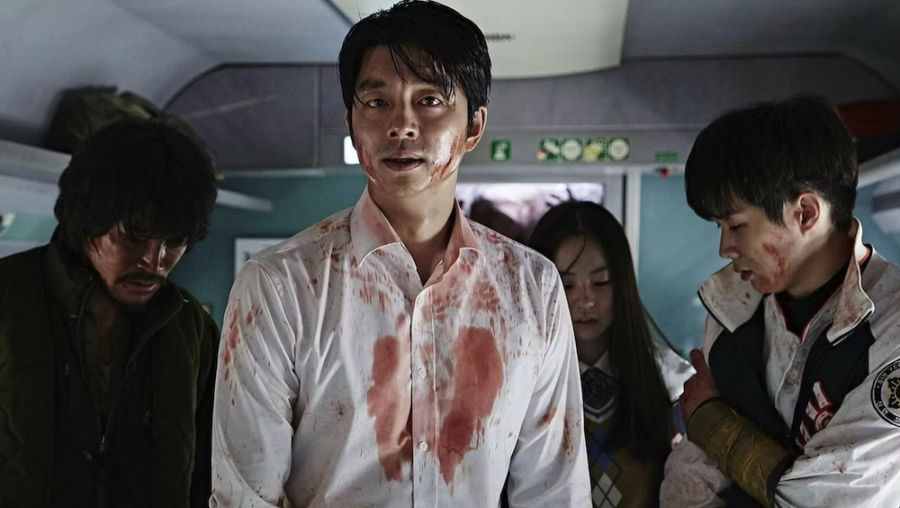
Jeannette Catsoulis of The New York Times went even further and celebrated the film for, beyond supplying thrilling action sequences, also employing a subtle critique of class conflict.
Indeed, like another genre film, the modern sci-fi classic Snowpiercer, also directed by a South Korean, Bong Joon-ho, Train to Busan takes place against the backdrop of a high-speed train journey. Through this creative limitation, the film cleverly takes advantage of its confined space to explore societal divisions and human selfishness.
Brilliantly, this elevates the film well above other genre movies, solidifying it as a poignant commentary on contemporary social issues.
For a claustrophobic thrill ride featuring some of modern media’s best zombie content, stream Train to Busan today.












